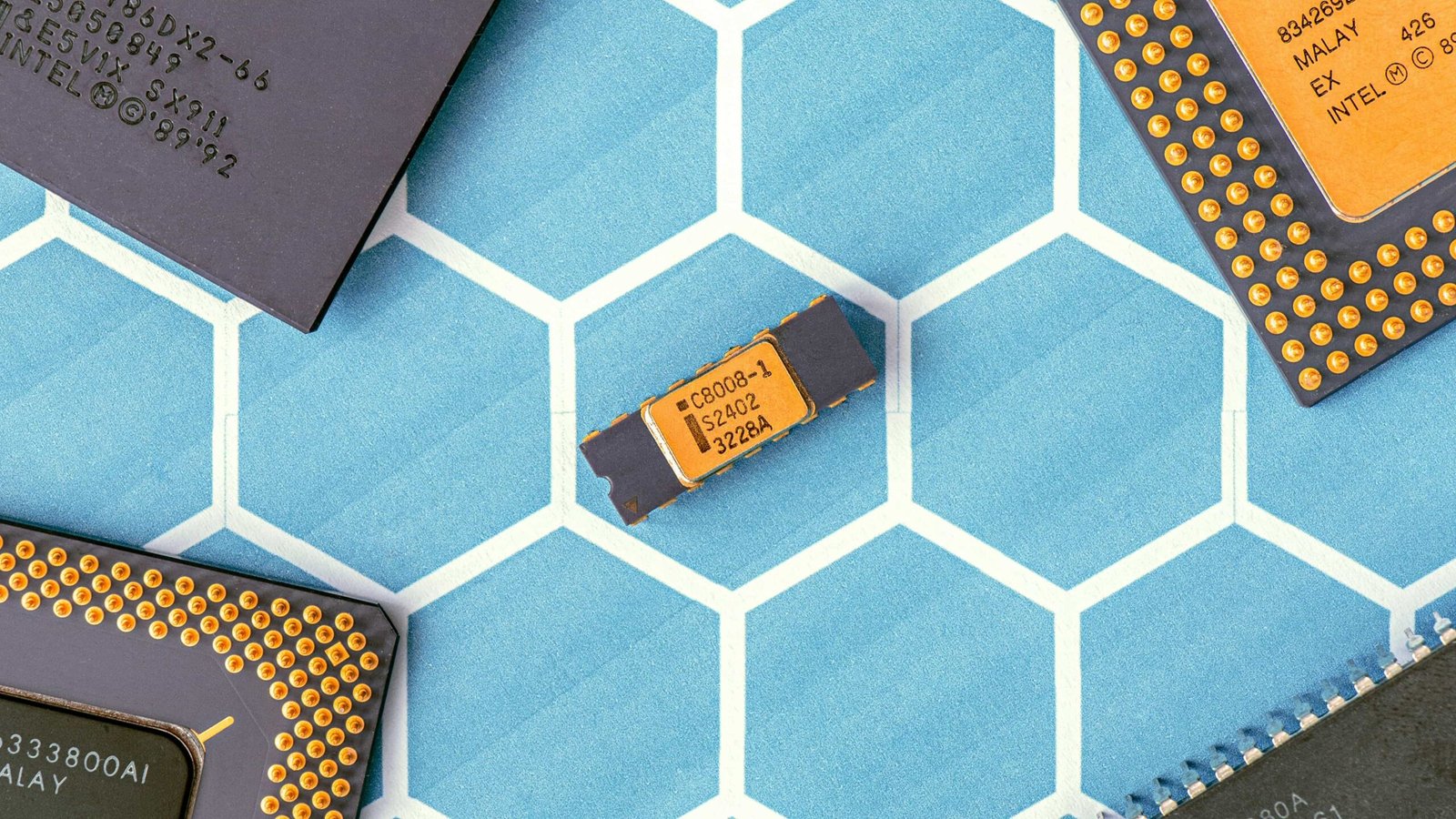In a bid to reduce its reliance on Nvidia’s semiconductors, OpenAI is reportedly in talks with several chip manufacturers, including Silicon Valley-based Broadcom, to develop its own neural processing units (NPUs). This move aligns with a broader trend among major AI companies seeking to gain more control over their hardware capabilities.
Key Developments:
- Proprietary AI Chips: OpenAI’s initiative mirrors Alphabet’s strategy from several years ago when it developed proprietary tensor processing units (TPUs) to enhance the performance of its AI models, like Gemini. OpenAI has recently onboarded several former Alphabet employees who were instrumental in the TPU project, suggesting a focused effort on creating bespoke AI chips.
- Previous Efforts: Earlier this year, OpenAI CEO Sam Altman sought to raise $7 trillion to establish a fund aimed at reshaping the semiconductor industry. This effort was intended to decrease AI startups’ dependency on Nvidia, highlighting the growing need for diversified chip supply in the AI sector.
- Challenges Ahead: The venture is not without its hurdles. Nvidia currently holds a significant technological lead in AI hardware, with experts estimating that it is five to ten years ahead of competitors due to its early investment in AI-specific hardware development. Consequently, it will likely take several years for OpenAI’s potential partnership with a chip manufacturer to yield significant results.
Industry Implications:
The primary challenge facing the AI industry today is capacity—encompassing chip capacity, energy capacity, and compute capacity. A source from the Financial Times emphasized the necessity for companies like OpenAI to actively engage in developing these resources rather than relying solely on existing suppliers. This proactive approach is crucial as AI continues to evolve and expand its influence across various sectors.
OpenAI’s pursuit of developing custom NPUs marks a significant step towards greater autonomy in AI hardware. While the road ahead is challenging, the long-term benefits of reduced dependency on a single supplier like Nvidia could prove invaluable for the company and the broader AI ecosystem.
For more details on OpenAI’s AI chip development efforts, read the full article on SuperintelligenceNews.com.






